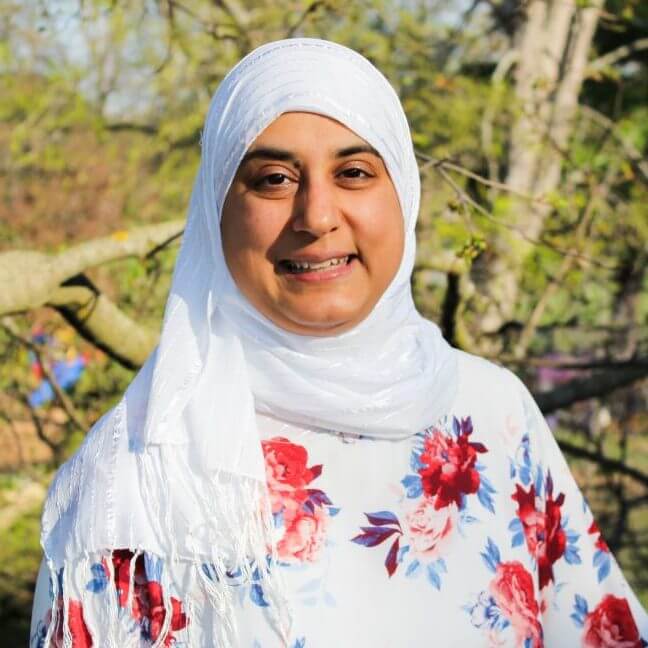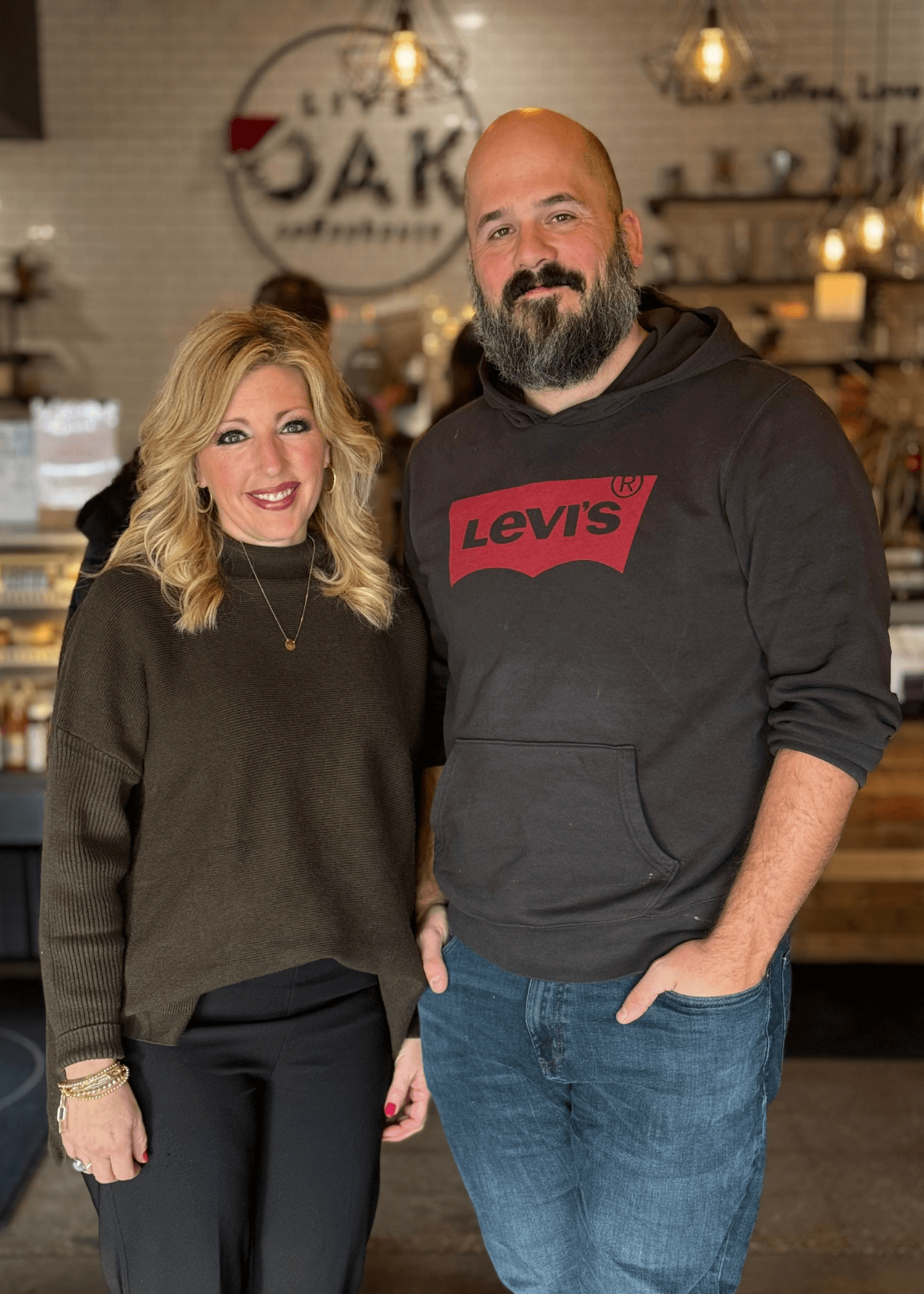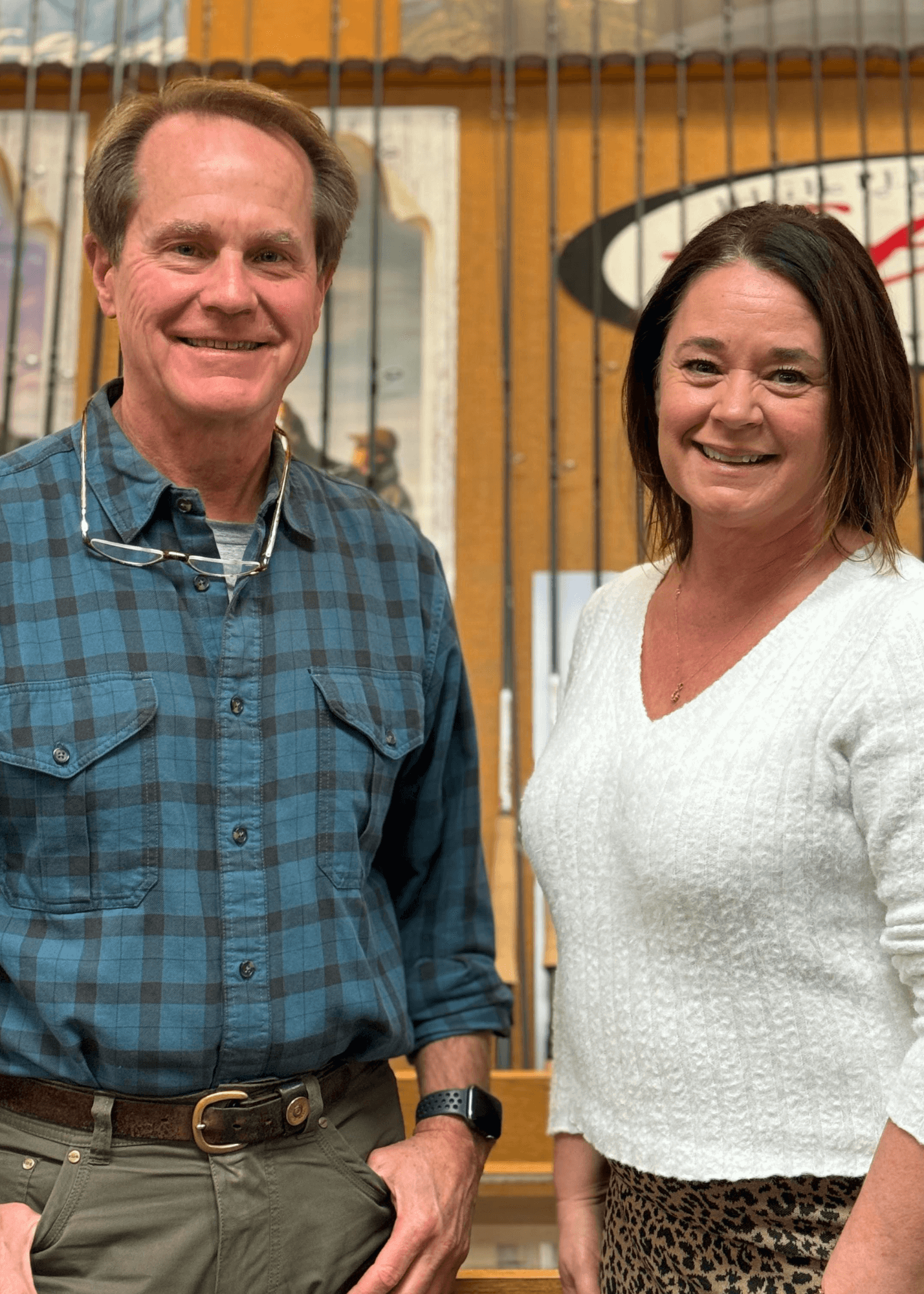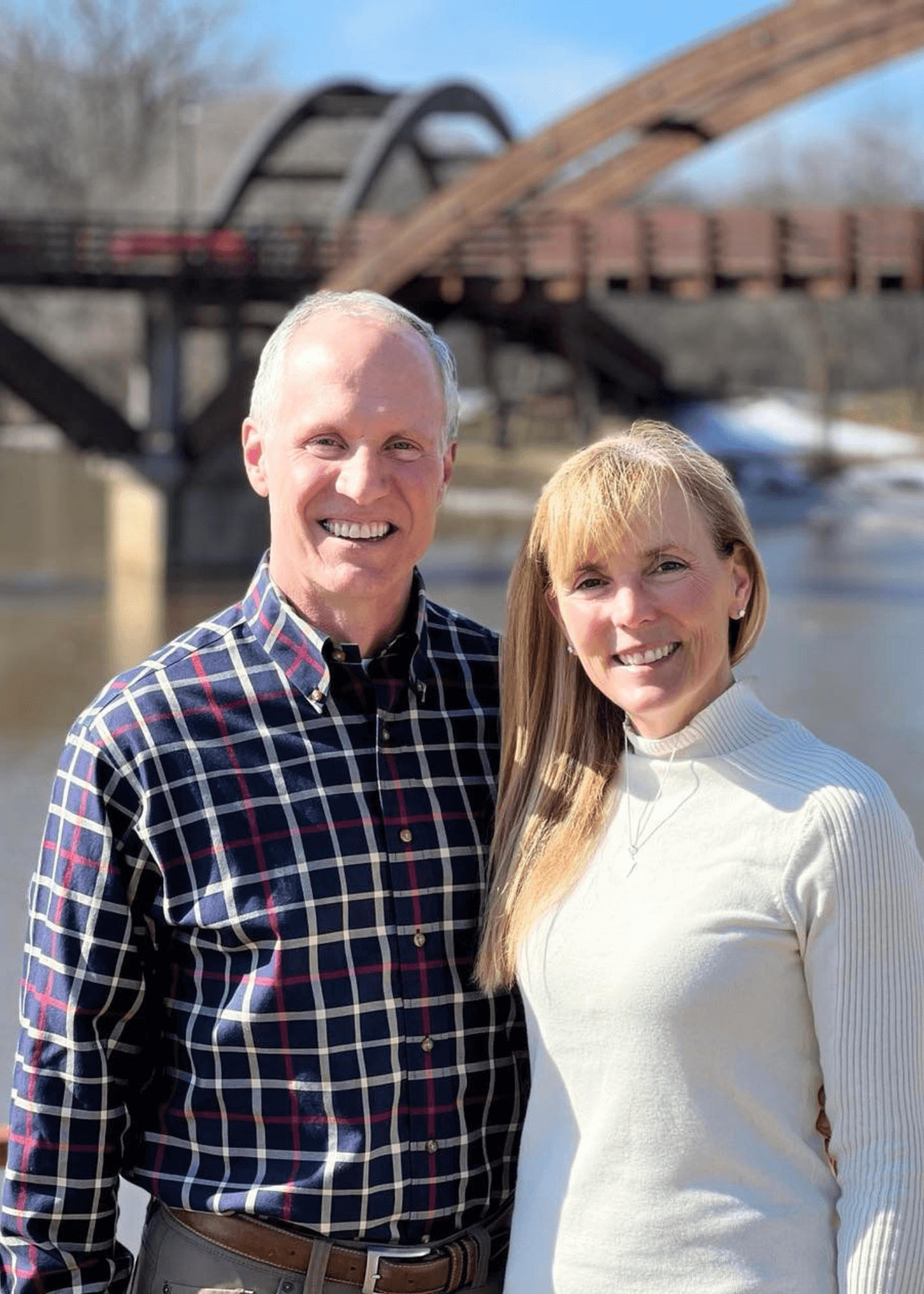Prologue: The Midland Area Cultural Awareness Coalition believes in uplifting the stories of community members, helping us learn more about our friends and neighbors.
Umbareen Jamil – In Her Own Words, documented by Kevin LaDuke
“I was born in Akron, Ohio. We didn’t have really any family at that time in America – no aunts, uncles, cousins, like very few. My parents always wanted to move back to Pakistan, especially my mom. So when I was 10, we moved to Karachi, a port city in Pakistan, and I went to school there for four years and then ended up coming back to Akron.
I went to high school in Akron, and then I went to Kent State University, where I double majored in Economics and International Relations. After college, I married my husband, Khaled, and we moved to Houston, Texas. We lived in Houston for about four years.
When we had our eldest, we decided to move back to the Midwest because my parents were still in Ohio. My in-laws were in Chicago. We figured flying back and forth from Houston with a kid and potentially more kids wouldn’t happen as often as we wanted. Family is super important to us. We thought if we were within driving distance, we could make sure our kids were connected to grandparents and cousins. Neither of us really had that while living in America. So, we moved to Midland in the fall of 2000.
I have to say my initial gut reaction to Midland was tears, although I was happy to be back in the Midwest. Of course, we were coming from Houston, the fourth largest city in America. It was such a culture shock. We didn’t know what we were going to do here. How would we live here?
Both of us grew up very involved in our Muslim communities, him in Chicago and me in Akron. My father was very involved in building the Islamic Center there [Akron]. It’s in our blood, and being a part of that community is something that’s very important to us. There was no Muslim community in Midland when we moved here. We went to Saginaw, which was awesome, but it was a 30–40-minute drive. We did the Saginaw thing for a while. There were some prayers in the Midland area, but they were happening in people’s basements, and eventually, it was in our basement.
We really started at the building blocks of bringing this community together. It’s funny because with the prayers, we also started hosting potlucks, and when these Muslim families, maybe 5-6-7, started coming, they were like, “Oh, you live here? We live here, too.” They had never really connected. We were able to connect some folks that had been here since the 80s and 90s and started slowly building that connection up.
My husband assisted with the orchestration of the Midland Islamic Center. We used to call him “the general contractor.” We found a donor for the land, and a group of people started building a committee. We live and breathe this. We’ve done all the development since day one to get it where it is, and we are still heavily involved.
My focus for the last several years, especially since 2016, has been to get us involved in more community services in Midland and interfaith work. It was a need for us to have a place of worship for the Muslim community. Now, I think the need is to continue to build bridges within the community. Midland can always get better and better. Through the process of doing work in the community, we can hopefully dispel a lot of the stereotypes that come with who Muslims are, what we believe, and what we do.
I always say in my presentations that for a lot of people who are Islamophobic, it’s because they’ve never interacted with a Muslim. When we first had our initial meetings about the Islamic Center in Lincoln Township, the first meeting didn’t go well. There was a lot of apprehension from people, and again, I think it’s because they had never interacted with Muslims and didn’t know any Muslims. There was a lot of misinformation. 9/11 was even brought into it. But when we had a final meeting, we had a lot of support from our non-Muslim friends. That is needed. It was not just us [of the Muslim community] advocating. It was our non-Muslim friends. I attribute a lot of our community building to the Islamic Center and our willingness to step up to help out at local soup kitchens, Shelterhouse, or events like Midland Blooms.
We do not consider ourselves foreigners. This is Midland. It’s our home, just like everyone else’s. I’m very happy with the positive feedback we’ve gotten from the community, but I would like to emphasize we’ve put a lot of effort into it.
What I hope is that the dominant culture in Midland will internalize the mission of making Midland more inclusive and take it upon themselves to keep the ball moving forward. I feel the burden is too much on the minority groups to keep it going. As minorities, we can only do so much. Sometimes I feel tired, and I am only one person. Midland can be a very transient community. The Muslims in Midland are constantly moving in and out. My husband and I are one of Midland’s most tenured Muslim families; we’ve only been here 20 years. I would hate to see the Muslim community shrink in Midland and have Midland forget to teach their kids about who Muslims are, what they believe, and what they do. I want our majority culture in Midland to take it upon themselves and say, “this is important to us.” We need to continue to support the vision of the Midland Area Culture Awareness Coalition.
An organization like the Cultural Awareness Coalition is so priceless. I hope this vision and its role become internalized by local government, schools, and the community. What the Cultural Awareness Coalition is doing is exactly what you need to do to create positive and strong communities that can grow and raise children who are global citizens. The benefits are endless. The best way to attract talented people is to build an inclusive community.
Soon we will be moving to Wisconsin, and when I first moved here, I wanted to cry, but now I’m crying because we’re moving away. How ironic. I didn’t know how I’d survive when I moved here, but now that we’re leaving almost after 23 years, this has really become home.”





